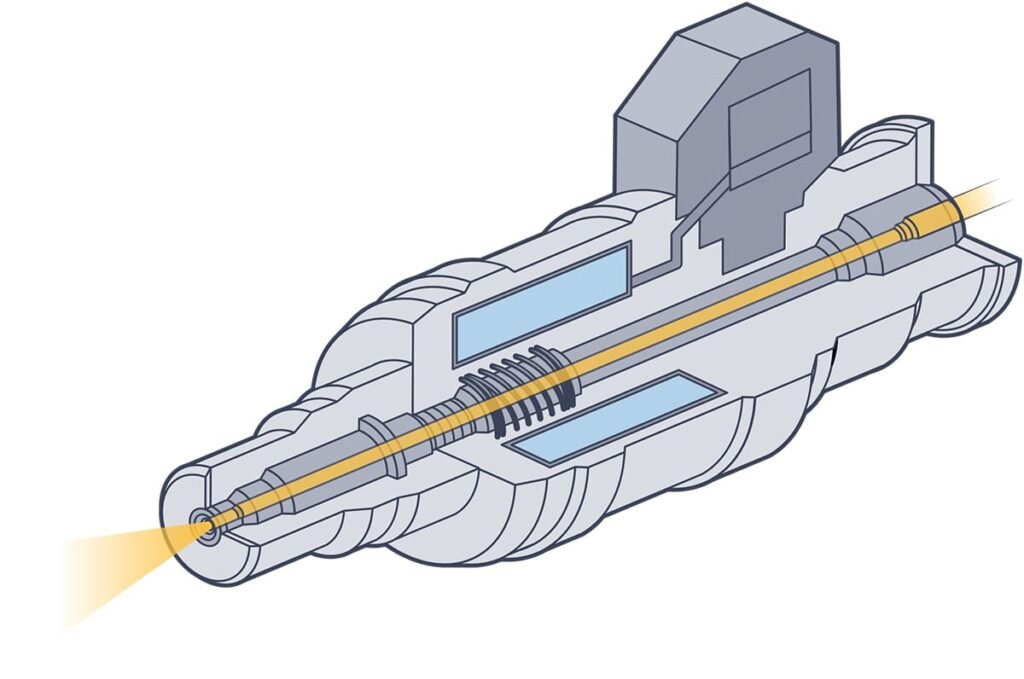Tips for Maintaining Fuel Injectors

As a responsible vehicle owner, it’s important to take care of your car’s fuel injectors to ensure optimal performance and fuel efficiency. Fuel injectors play a crucial role in delivering the right amount of fuel to the engine, and neglecting their maintenance can lead to various issues such as decreased fuel economy, engine misfires, and even engine damage.
1. Use High-Quality Fuel
One of the simplest yet most effective ways to maintain your fuel injectors is by using high-quality fuel. Opt for reputable gas stations that offer top-tier gasoline, as it contains fewer impurities that can clog the injectors over time. High-quality fuel also contains detergents that help keep the injectors clean.
While it may be tempting to save a few cents by opting for lower-grade fuel, the potential long-term damage to your fuel injectors and engine outweighs the short-term savings. Investing in high-quality fuel is a small price to pay for the longevity and performance of your vehicle.
2. Clean the Injectors Regularly
Over time, fuel injectors can accumulate deposits and become clogged, affecting their spray pattern and fuel delivery. Regularly cleaning the injectors can help maintain their efficiency and prevent issues. There are several methods for cleaning injectors:
- Fuel Additives: Using fuel additives specifically designed for injector cleaning can help remove deposits and keep the injectors clean. These additives are usually poured into the fuel tank and work as you drive.
- Professional Cleaning: For more severe cases of injector clogging, it may be necessary to seek professional help. Professional mechanics have specialized equipment and solutions to thoroughly clean the injectors.
- Ultrasonic Cleaning: Another effective method is ultrasonic cleaning, where the injectors are submerged in a cleaning solution and subjected to ultrasonic vibrations. This process dislodges deposits and restores injector performance.
It’s important to follow the manufacturer’s recommendations and guidelines when using fuel additives or seeking professional cleaning services. Regular maintenance and cleaning will help keep your fuel injectors in optimal condition.
3. Replace Fuel Filters on Schedule
Fuel filters play a crucial role in preventing contaminants from reaching the fuel injectors. Over time, these filters can become clogged and restrict fuel flow, leading to injector issues. Follow the manufacturer’s recommended schedule for fuel filter replacement to ensure a clean and uninterrupted fuel supply to the injectors.
4. Avoid Running on Empty
Running your vehicle on a near-empty fuel tank can have a negative impact on your fuel injectors. When the fuel level is low, the debris and sediment at the bottom of the tank are more likely to be drawn into the injectors, causing clogs and reduced performance. Aim to keep your fuel tank at least a quarter full to minimize the risk of injector damage.
5. Regular Engine Maintenance
Proper engine maintenance is crucial for the overall health of your vehicle, including the fuel injectors. Regularly changing the engine oil, replacing spark plugs, and keeping up with scheduled tune-ups can help prevent issues that could affect the injectors. A well-maintained engine runs more efficiently, reducing the strain on the injectors.
6. Be Mindful of Fuel Storage
If you store fuel for any reason, such as for lawn equipment or emergency generators, it’s important to take precautions to ensure its quality. Use appropriate fuel containers and store them in a cool, dry, and well-ventilated area. Storing fuel for extended periods can lead to degradation and the formation of deposits that can harm the fuel injectors.
By following these tips and incorporating them into your regular vehicle maintenance routine, you can ensure that your fuel injectors remain clean and perform optimally. Taking care of your fuel injectors not only improves fuel efficiency but also extends the lifespan of your vehicle’s engine, saving you time and money in the long run.
